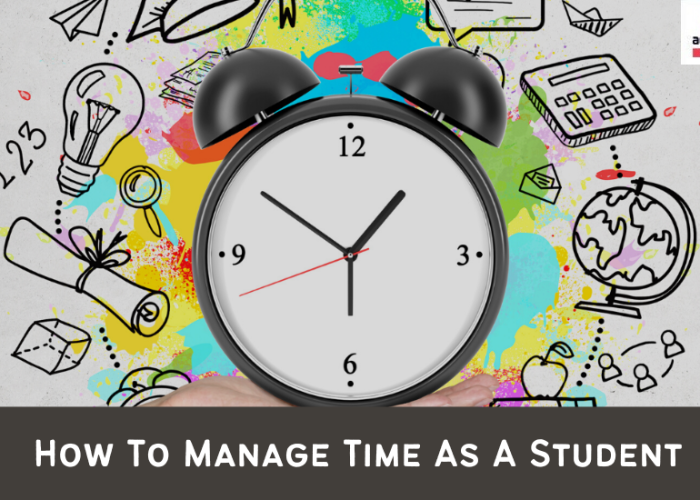Do you ever feel like there’s just not enough time in the day? If you’re like most people, you probably wish that you could find a way to increase your productivity and get more done with each day. Whether you’re a student, a professional, or a stay-at-home parent, having a well-organized plan for your day is essential for optimizing your productivity. Developing good time management skills can help you make the most of your days and get the most out of your life. In this blog post, we’ll discuss 12 tips for better time management.
Establishing A Routine
One of the best ways to increase your productivity is to establish a routine for yourself. Having a set schedule for your day can help you stay on track and maximize your time. This can include setting specific times for waking up, eating meals, exercising, studying, working, and going to bed. Having a routine can also help you prioritize tasks and be more efficient.
Making A Long-Term Plan
On top of having a daily routine, it’s important to make a long-term plan. This plan should include your short-term and long-term goals. When making your plan, consider where you want to be a year from now, five years from now, and so on. Having an idea of where you want to be in the future can help you set short-term goals and make daily decisions that will help you reach those goals.
Goal Setting
Once you’ve established your long-term plan, it’s time to set specific goals. Make sure that your goals are realistic and achievable. Setting small, attainable goals can help you stay motivated and make progress toward your larger goals. When setting goals, make sure that you’re clear on what you want and why you want it.
Prioritizing & Planning
When it comes to achieving your goals, it’s important to prioritize and plan. Take the time to plan out each step that you need to take to reach your goal. This can include breaking down the tasks into smaller, more manageable chunks. Then, prioritize the tasks based on importance and urgency. This will help you stay on track and ensure that you’re always working on the most important tasks.
Eliminating Distractions
When it comes to staying productive, it’s important to eliminate distractions. This can include things like social media, email, and phone calls. While it’s important to take breaks throughout the day, it’s important to limit your distractions and stay focused on the task at hand. One way to do this is to set up a designated workspace, free of distractions.
Taking Short Breaks
It’s important to take regular breaks throughout the day. Taking a few minutes to step away from your work can help you refresh and stay focused. This can include taking a walk, reading a book, or just sitting and meditating. Taking breaks will help you recharge and be more productive when you get back to work.
Identifying Time Wasters
When it comes to optimizing your productivity, it’s important to identify and eliminate time wasters. This can include things like procrastination, multitasking, and inefficient work processes. Once you’ve identified the time wasters, you can take steps to eliminate them and maximize your productivity.
Utilizing Technology
Technology can be a great tool for maximizing productivity. There are a variety of apps and tools available that can help you stay organized and manage your time. For example, you can use a calendar app to track your tasks and deadlines, and an online task manager to keep track of your progress. Utilizing technology can help you stay on top of your tasks and stay productive.
Learning To Say No
It’s important to learn to say “no” when it comes to managing your time. Taking on too many tasks can lead to burnout and make it difficult to get things done. Learning to say “no” will help you stay focused on the tasks that are most important to you.
Getting Enough Sleep
Getting enough sleep is essential for optimizing your productivity. Lack of sleep can lead to decreased focus, impaired decision-making, and lower productivity. Make sure that you’re getting the recommended seven to nine hours of sleep each night to ensure that you’re able to be productive and reach your goals.
Conclusion
Time management is an essential skill for optimizing productivity. By establishing a routine, making a long-term plan, setting goals, eliminating distractions, taking short breaks, and utilizing technology, you can make the most of your days and get the most out of your life. Developing good time management skills can help you stay organized and make progress towards your goals.






